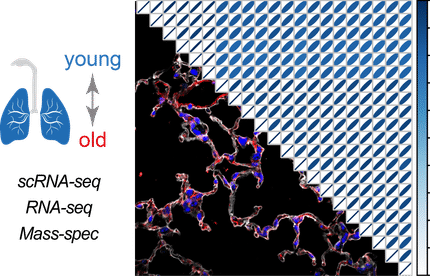Surrey builds AI to find anti-ageing chemical compounds
The University of Surrey has built an artificial intelligence (AI) model that identifies chemical compounds that promote healthy ageing - paving the way towards pharmaceutical innovations that extend a person's lifespan.

Photo by Matthew Bennett on Unsplash
In a paper published by Nature Communication's Scientific Reports, a team of chemists from Surrey built a machine learning model based on the information from the DrugAge database to predict whether a compound can extend the life of Caenorhabditis elegans - a translucent worm that shares a similar metabolism to humans. The worm's shorter lifespan gave the researchers the opportunity to see the impact of the chemical compounds.
The AI singled out three compounds that have an 80 per cent chance of increasing the lifespan of elegans:
-
flavonoids (anti-oxidant pigments found in plants that promote cardiovascular health),
fatty acids (such as omega 3), and
Organooxygens (compounds that contain carbon to oxygen bonds, such as alcohol).
Sofia Kapsiani, co-author of the study and final year undergraduate student at the University of Surrey, said:
"Ageing is increasingly being recognised as a set of diseases in modern medicine, and we can apply the tools of the digital world, such as AI, to help slow down or protect against ageing and age-related diseases. Our study demonstrates the revolutionary ability of AI to aid the identification of compounds with anti-ageing properties."
Dr Brendan Howlin, lead author of the study and Senior Lecturer in Computational Chemistry at the University of Surrey, said:
"This research shows the power and potential of AI, which is a speciality of the University of Surrey, to drive significant benefits in human health."
Most read news
Organizations
Other news from the department science

Get the analytics and lab tech industry in your inbox
By submitting this form you agree that LUMITOS AG will send you the newsletter(s) selected above by email. Your data will not be passed on to third parties. Your data will be stored and processed in accordance with our data protection regulations. LUMITOS may contact you by email for the purpose of advertising or market and opinion surveys. You can revoke your consent at any time without giving reasons to LUMITOS AG, Ernst-Augustin-Str. 2, 12489 Berlin, Germany or by e-mail at revoke@lumitos.com with effect for the future. In addition, each email contains a link to unsubscribe from the corresponding newsletter.






















































